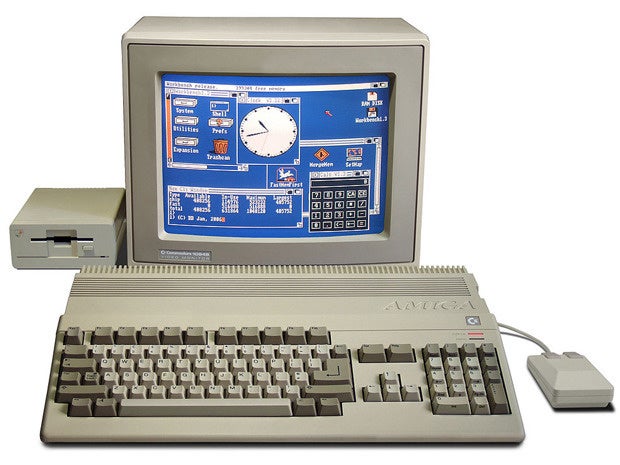According to a recently unclassified Navy document, Microsoft applications affect “critical command and control systems” on ships and land-based legacy systems, leaving them open to potential cybersecurity risks. But they aren’t standing idly by as they work to rid themselves of these legacy systems.
According to an IDG News Service report, the U.S. Navy just entered into a $9.1 million contract that would keep the XP security patches and updates coming until 2017. Over the entire length of the contract, the total will near $31 million.
“Without this continued support, vulnerabilities to these systems will be discovered, with no patches to protect the systems,” the Navy document says. “The resulting deterioration will make the U.S. Navy more susceptible to intrusion … and could lead to loss of data integrity, network performance and the inability to meet mission readiness of critical networks.”
The Navy is also paying for continued support for Microsoft’s Office 2003, Exchange 2003 and Server 2003. The Navy has been transitioning away from the obsolete systems but at the time of this report it has more than 100,000 workstations running Windows XP and other aging systems.













